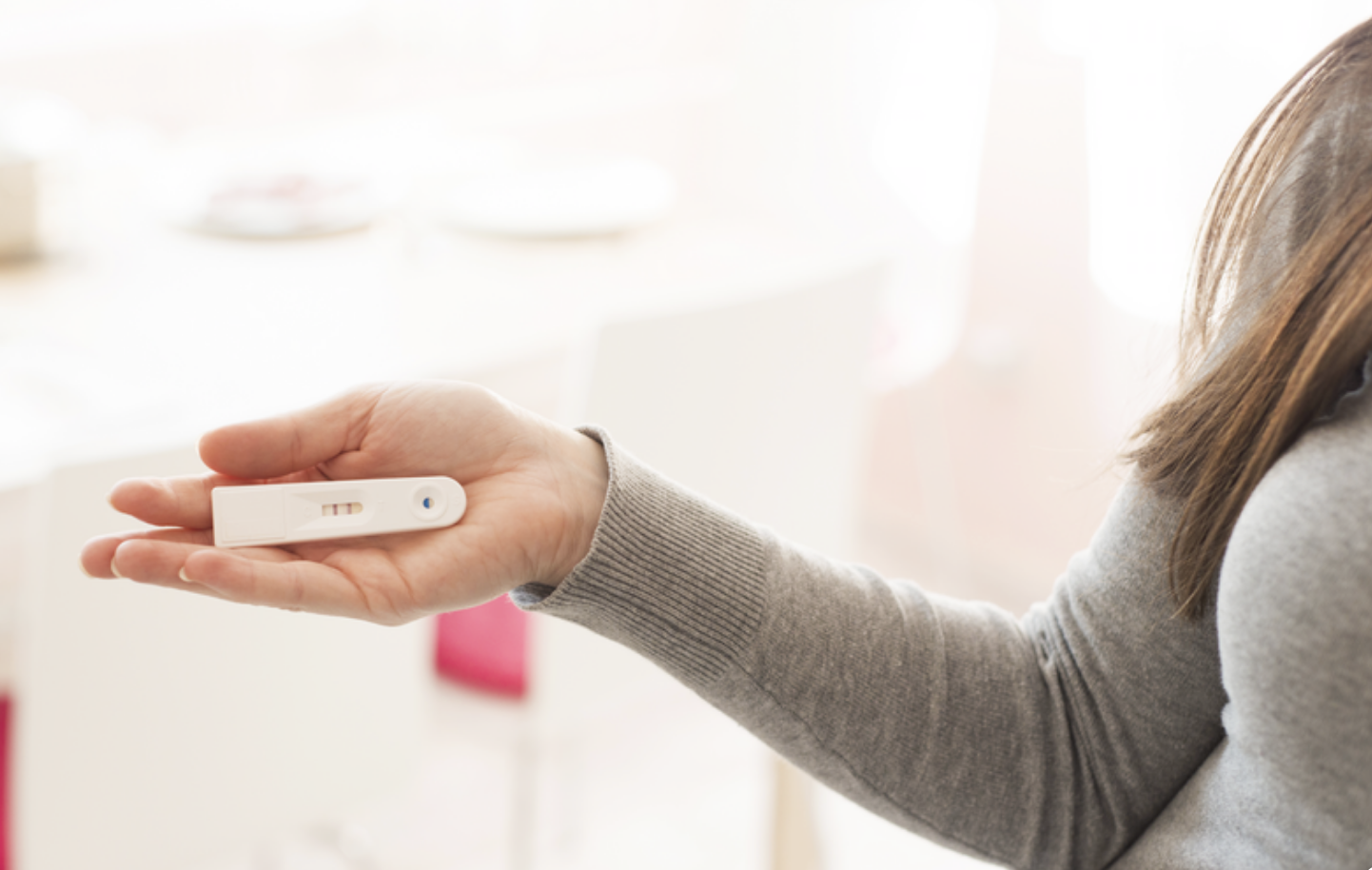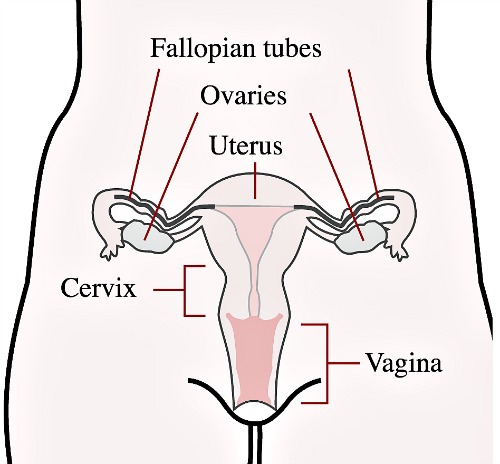Ectopic Pregnancy
Ectopic pregnancy is when a pregnancy or baby is formed and grows outside the womb. It is a relatively common condition that occurs in about 1 out of every 100 pregnancies. It is still the most common cause of pregnancy related deaths in women within the first 10 weeks of conception. See what to do if you or your loved one develops this condition.

Also called ectopic gestation, ectopic pregnancy is a serious condition that could lead to death if not diagnosed very early.
It is typically seen in women of childbearing age who complain of delayed menstrual flow, abdominal pain and vaginal bleeding.
Many women with this condition will not know that they are even pregnant.
How Does Ectopic Pregnancy Happen?
Ectopic pregnancy is caused by damage to the brush or hair-like lining of the inner surface of the fallopian tube. This leads to a defective transportation and deposition of a fertilized egg completely outside the uterus.
Normally, fertilization occurs when a sperm travels through the uterus, into the fallopian tube to meet an egg or ovum.
Once the egg is fertilized, it then travels down the fallopian tube, towards the uterus, where it embeds its self into.

If the fertilized egg fails to move into the uterus, it gets embedded somewhere else outside the womb. In that case, an ectopic pregnancy is said to have formed.
Though 95% of ectopic pregnancy occurs in the fallopian tube - meaning the fertilized egg embeds itself inside the wall of the fallopian tube instead of moving into the womb, ectopic pregnancy can occur anywhere within the pelvic and abdominal cavity.
The other sites where an ectopic pregnancy can be found include:
- The ovary
- Cervix
- Broad ligament
- Peritoneal cavity
- Old Caesarean section scar
As the fertilized egg continues to grow into a fetus, it stretches the wall of the fallopian or any other place it is located and ruptures, leading to heavy internal bleeding.
The risk of death can be decreased if an ectopic pregnancy is suspected early, diagnosed and treated before it causes such rupture.
Who Gets Ectopic Pregnancy?
Any woman of childbearing age who is sexually active can get ectopic pregnancy. It is a good practice in medicine to do a pregnancy test in any woman between the ages of 16 and 55 who complains of lower abdominal pain.
There are nonetheless, certain factors that would make a woman more likely to develop ectopic pregnancy than her average peers. These factors are referred to as risk factors for ectopic pregnancy, and include:
- Age 35 and More. Women over age 35 have three to four times more chances of developing ectopic pregnancy than those who are in the 16 to 25 years range.
- Previous History of Sexually Transmitted Disease. A History of PID or gonorrhoea or chlamydia in the past makes it more likely to have an ectopic pregnancy. This is because STD or PID causes a destruction of the hair-like structure inside the fallopian tube that moves and propels the fertilized egg into the uterus.
- Smoking. Cigarette smoking is believed to damage the ability of the hair-like stricture in the fallopian tube to move fertilize egg into the womb too.
- Use of IUD or IUS. Women who use Mirena IUS, Kyleena - both being examples of the levonorgestrel-releasing intra-uterine system (LNG-IUS), Copper IUD or any other intra-uterine contraceptive device or system are more likely to develop ectopic pregnancy. This is not because such devices cause ectopic pregnancy in themselves, but it is believed that because they occupy the uterine space, the fertilized ovum is unable to find a place in the womb, so stays outside it.
- History of Previous Ectopic Pregnancy. A woman who has had an ectopic gestation in the past has 7 to 13 times more chances of developing this condition again.
- Previous Fallopian Tube Surgery. Any surgery on the fallopian tube - like tubal ligation or salpingoplasty significantly increases the risk of developing ectopic pregnancy, because of tempering with the natural transport mechanism in the fallopian tube.
- Endometriosis. Endometriosis is the presence of the normal lining of womb else where. This can lead to adhesions and scaring of the fallopian tube, thus interfere with the movement of a fertilized ovum into the uterus. If you suffer with endometriosis, you will have an increased chance of having ectopic gestation or pregnancy.
- Pelvic Adhesions. This are scars causing spiderweb-like bands that could cause organs, including the fallopian tubes, to stick to another organ or inner surface of the pelvic cavity.
- Ovulation Induction and IVF. Assisted conception with the use of clomiphene (Clomid) or in vitro fertilization increases the risk of ectopic pregnancy by up to 4 %.
- Abnormal Uterus
- Previous Appendicectomy.



